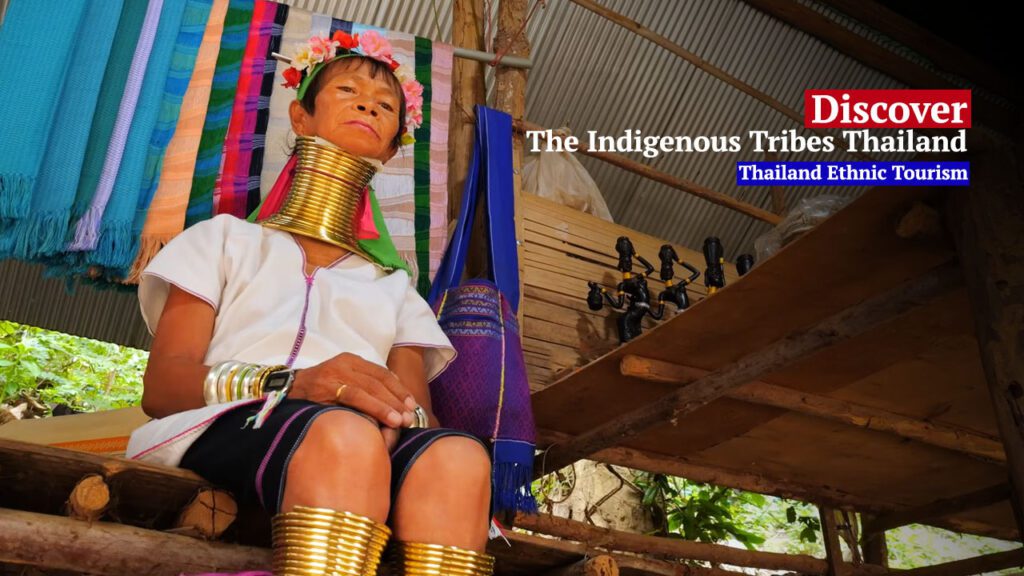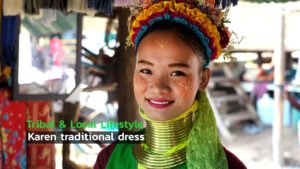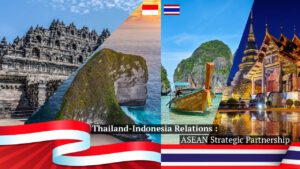Thailand Ethnic Tourism: A Journey into Local Cultures

Start Your Thailand Ethnic Tourism Journey: Discover Cultural Diversity in Thailand
Hello fellow travelers! As a passionate explorer of local culture and life, I want to invite you to discover a fascinating charm in Thailand: its ethnic groups. This journey is not just about visiting beautiful sights. It is about experiencing the true heart of diversity. This is a must for anyone interested in Thailand ethnic tourism.
Discover the Indigenous Tribes Thailand
Thailand is home to over 60 ethnic groups. Approximately 10 million people identify as such. Each group has a unique language. They also have their own traditions and wisdom. These groups live in different geographic regions.
- Hill Tribe Groups: These people live in the mountains. They are deeply connected to nature. Examples include the Karen tribe Thailand, the Hmong, Lahu, Lisu, and Akha. You will learn about Thai hill tribes culture.
- Coastal Groups: These groups, also called “Chao Le” (sea people), live by the sea. They have a traditional fishing lifestyle. These include the Moken, Moklen, and Urak Lawoy.
- Lowland Groups: They live in lowland areas. Their lives are similar to mainstream Thais. However, they preserve their unique roots. Examples are the Tai Lue and Tai Yuan.
- Forest Groups: These people still live as true hunter-gatherers. The Maniq (Sakai) in the south are an example.
From Challenges to Restoring Rights
In the past, these groups faced many challenges. They lacked citizenship and had land issues. The government now plays a key role. It is working to solve these problems.
- Accelerating Citizenship: This policy helps people get basic rights. It gives them access to healthcare and education.
- Pushing for Legislation: The government is pushing for the Indigenous Peoples’ Livelihood Protection Act. This is a major step for Thai indigenous peoples rights. This law recognizes their cultural rights.
- Solving Land Issues: There is a new approach to solve conflicts. It balances forest conservation with the rights of communities. This also protects Thai indigenous peoples rights.
These policies show that Thailand is moving forward. It is becoming a society that truly accepts diversity. This makes Thailand ethnic tourism more meaningful. It is more than just a trip. It is about understanding these cultures.
Granting Citizenship: A Significant Step Towards Humanitarianism and Economic Progress in Thailand
Thailand, a nation rich in cultural and ethnic diversity, is taking another stride in promoting human rights and sustainable development. This involves a new policy to grant Thai citizenship to ethnic groups who have long resided in the country. This policy not only reflects the government’s benevolent intention to address humanitarian issues but also serves as a crucial factor in driving the nation’s economy and overall progress in the long run.

Economic Advantages and National Progress
Beyond the humanitarian dimension, granting citizenship also significantly benefits the nation’s economy and progress:
Increased Workforce and Taxpayers: When ethnic groups receive citizenship, they can formally enter the labor market and contribute more to economic development. This will increase the potential workforce and turn them into taxpayers for the government, leading to increased national revenue.
A Unique Travel Experience: Thailand Ethnic Tourism
Embarking on a journey of Thailand ethnic tourism will change your perspective. Imagine walking with a Karen villager. You can learn their wisdom about living with nature. Listen to stories from the Moken people. Their lives are tied to the vast sea. This is more than a simple trip. It is an opportunity to learn. It is about truly understanding their way of life. This is an incredible opportunity for a Thailand off-the-beaten-path travel adventure. This kind of Thailand cultural travel offers a deeper experience.
See you on our next journey!
Follow us for more insider guides and updates at Thailand ethnic tourism and experiences. @thaiimpact on x.com







